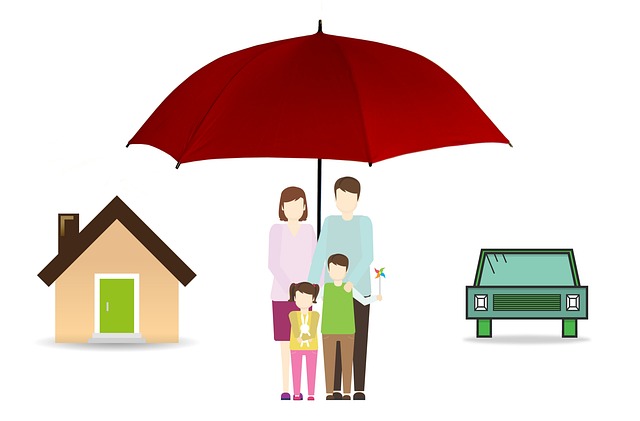The Intriguing Intersection of Food and Culture in Contemporary Society
Are you aware of the profound intersection between food and culture in today's society? A fascinating exploration awaits. Read below to delve into this deliciously complex topic. Coming together to share a meal is a tradition as old as human civilization itself. From the communal hunts of our early ancestors to the grand feasts of medieval royalty, food has always been more than mere sustenance. It has been a symbol of community, status, and identity. The types of food we eat, the way we prepare them, and the rituals we follow during mealtimes are all deeply rooted in our cultural heritage.

The Globalization of Cuisine
Fast forward to the 21st century, and we find ourselves in an era of unprecedented culinary diversity. Globalization and migration have brought a world of flavors to our doorsteps. This fusion of food cultures has sparked a new wave of culinary creativity, with chefs and home cooks alike experimenting with unique flavor combinations. This trend is not just about tantalizing our taste buds; it’s a reflection of our increasingly multicultural societies.
Food and Modern Identity
In today’s world, what we eat has become an important aspect of our personal identity. The rise of food blogging and Instagram food photography is a testament to this. We proudly share our meals online not just to show off our culinary skills or restaurant choices, but also to express our cultural backgrounds, ethical values, and lifestyle choices.
The Societal Impact of Food Choices
Our food choices also have broader societal implications. The growing popularity of vegetarianism, veganism, and sustainable eating practices is not just a dietary trend; it’s a social movement. These food choices reflect a collective consciousness about health, animal rights, and environmental sustainability. They are reshaping our food systems and forcing industries to rethink their practices.
Food and the Future of Culture
As we move forward, the relationship between food and culture is likely to become even more complex. Advances in technology could revolutionize the way we produce and consume food. Climate change could force us to adopt new dietary habits. And as our societies continue to evolve, so too will our culinary traditions.
In the end, the intersection of food and culture offers a fascinating window into the evolution of our societies. It reminds us that food is more than just a source of nutrition; it’s a source of connection, identity, and change. Through understanding this, we can better appreciate the power of food in shaping both our personal lives and our collective societal experience.






